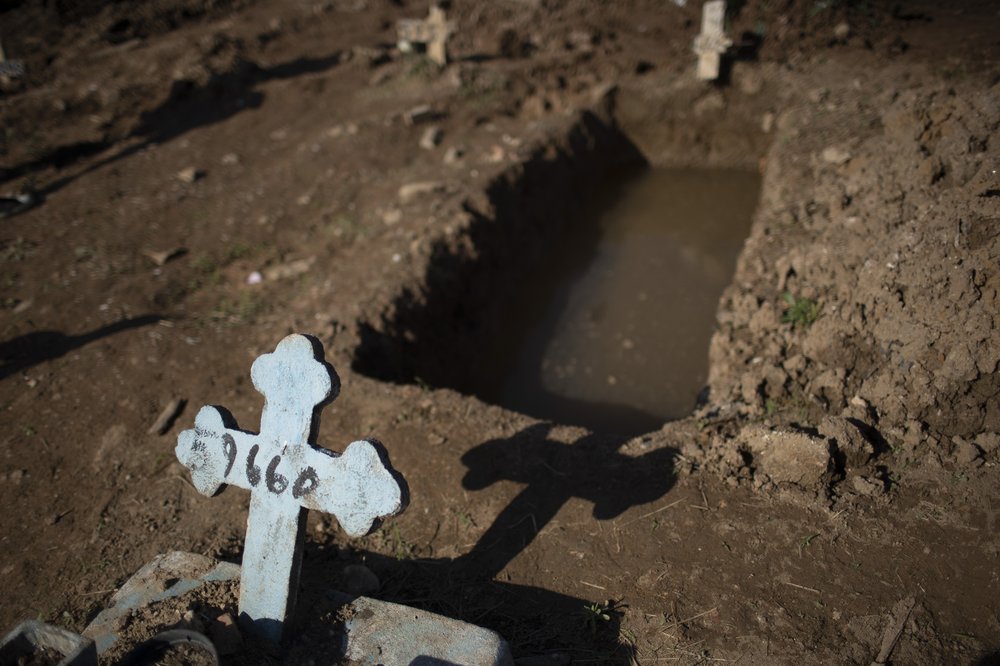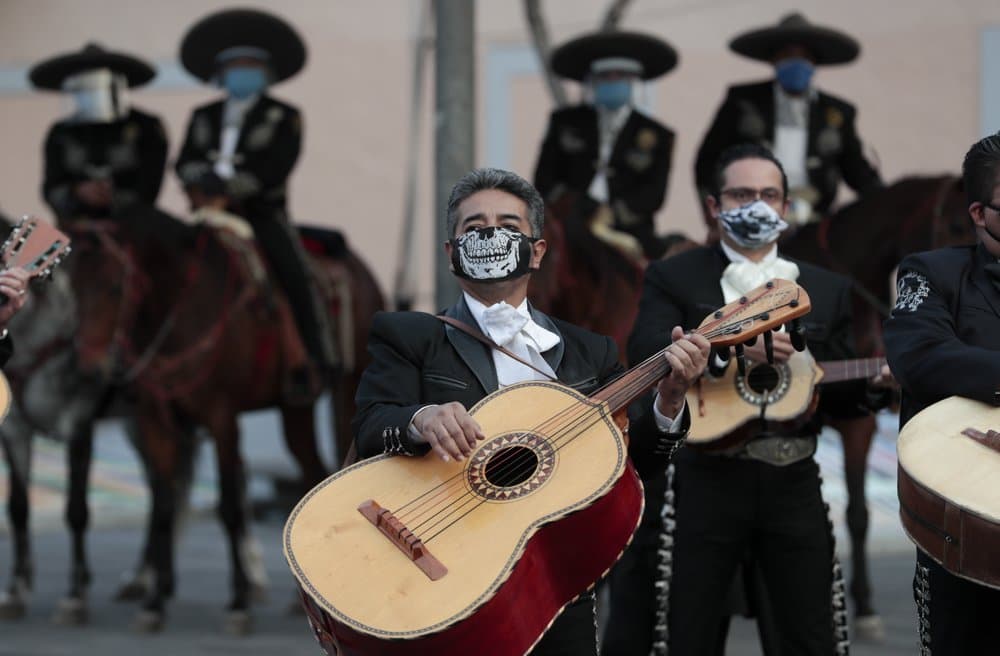ROSARIO, Argentina – Public liturgies were suspended throughout most of Latin America in March to try to prevent the spread of COVID-19 coronavirus, and ever since there have been campaigns to “bring back the Mass,” and discussions between bishops conferences and governments to see if churches – and other houses of prayer – can be opened.
In Argentina, the government published a protocol to follow so that houses of prayer can open throughout the country, with the exception of the Buenos Aires metropolitan area, which has the largest number of coronavirus cases. Argentina has over 9,000 confirmed cases and 400 deaths, with 30 percent of the cases in the slums of Buenos Aires.
Churches and other houses of prayer can now remain open, and people can receive spiritual guidance and pray individually, as long as the recommended social distance is observed and hygiene products, such as alcohol-based hand sanitizer, are provided.
People can only attend the churches that are close to their homes – preferably within walking distance – and the faithful gathering in groups is forbidden. For this reason, Masses and other sacraments are banned, though some priests are celebrating baptisms, with the ceremonies limited to the child, the parents, the godparents and the grandparents.
Ten people were arrested in Argentina in early May for attending Mass, and priests who livestream their services are careful to guarantee that the identity of those helping with the readings and even the filming remain anonymous.
With schools still closed – some believe they won’t re-open until September, after flu season is over – children preparing for the sacraments are receiving catechesis online. Archbishop Victor Manuel Fernandez of La Plata, former rector of Argentina’s Catholic University and considered one of Pope Francis’s closest collaborators, told catechists to “give up the idea of teaching the full program this year.”
There are parents who “withdraw their children from catechesis, not only because their children are exhausted, but because they feel themselves overcome by so many demands,” he said, in reference to the fact that hundreds of thousands of parents are homeschooling their children while working from home.
“That is the worst that can happen to us. Because no matter how hard we try, a few months after the catechesis is over, the children have already forgotten most of the content that we are obsessed with transmitting to them,” Fernandez said in a message to catechists.
He also argued that “the greatest risk is that we distance them from the sacraments by insisting on filling them with content.”
For this reason, Fernández recommended catechists “to focus on a few topics that are aimed at provoking an experience of faith in children.”
In Peru, where there are 104,000 confirmed cases of coronavirus and over 3,000 deaths, quarantine has been mandatory since March 15, and in an attempt to prevent the spread of the virus, the bishops followed other conferences and announced the cancellation of Masses with the faithful.
In a protocol released earlier this month, the Peruvian bishops said that following the measures established by the government during the current pandemic “doesn’t deny or impede the freedom to express our religious convictions,” adding however that God entrusted them with the mission of tending to the spiritual health of the faithful, and that by doing this they are strengthening social life of the country.
The bishops have developed a protocol for the safe celebration of the sacraments once the lockdown is lifted: Masses and on other celebrations, once they can resume, must be held “observing hygiene and biosecurity measures, in a framework of charity and solidarity.”
The protocol calls for social distancing, Communion given in the hand and the temporary suspension of the sign of peace.
In Uruguay, Masses with the faithful were banned on March 15, but the bishops are confident they will resume in two weeks’ time – perhaps even as soon as next weekend. The country only had 746 confirmed cases of the new coronavirus, with 20 deaths. To date, over 590 people have recovered.
Cardinal Daniel Sturla, the Archbishop of Montevideo, said on Sunday that the bishops were negotiating with the government to resume Masses with the faithful “as soon as possible,” with a protocol that will “strictly … maintain and care for health as a gift from God.”
“Let’s wait a bit and pray, waiting with patience and fervor for the moment when we can once again participate fully in the Eucharist as part of a believing community,” he said.
Recommendations included in the drafted protocol are similar to those in other countries, with the addition of advising people over 65 or with chronic illnesses not to go to church for as long as the pandemic lasts.
In neighboring Paraguay, Masses will resume on Monday, May 25. However, there will be a limit of 10 people per Mass. The parish will also take the name and contact information of those who attend a liturgy so they can trace contacts if a person in attendance happens to have the virus.
The country has so far had 836 confirmed cases and 11 deaths.

Brazil, the country in the region by far most affected by the virus with 310,000 confirmed cases and over 20,000 deaths, the bishops recommended the suspensions of Masses with the faithful. Some Brazilian states have authorized religious celebrations, and some dioceses have put the decision into the hands of the local priests.
In Ecuador, that has seen 35,400 people infected with the new coronavirus and close to 3,000 deaths, churches are set to re-open later this month, but it has not confirmed if liturgical celebrations will take place with the presence of the faithful.
In Mexico, public Masses have been suspended since late March, although it’s possible they might resume at the end of the month, with restrictions. There have been 60,000 cases, and over 6.500 deaths in the country.
Follow Inés San Martín on Twitter: @inesanma













